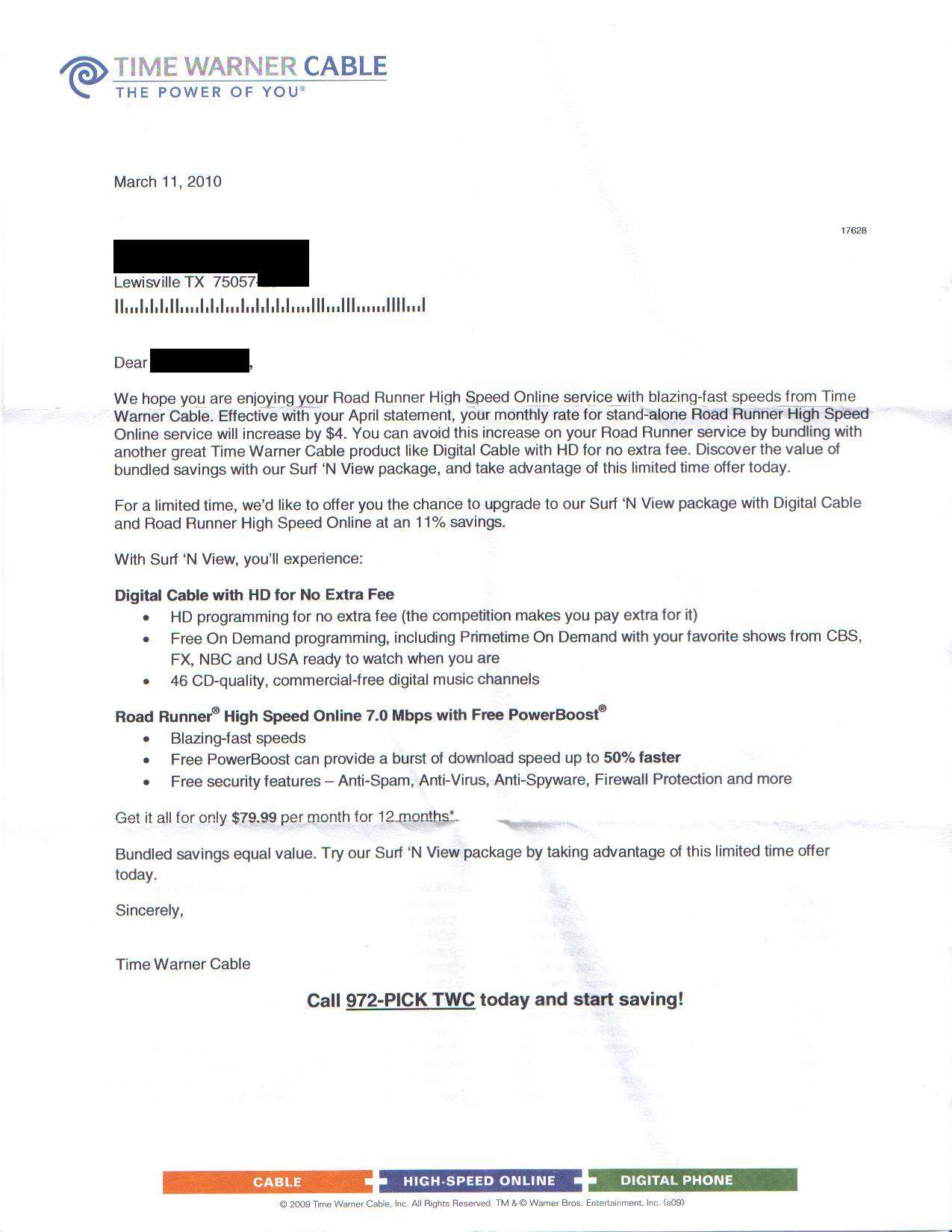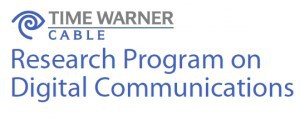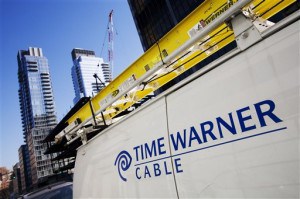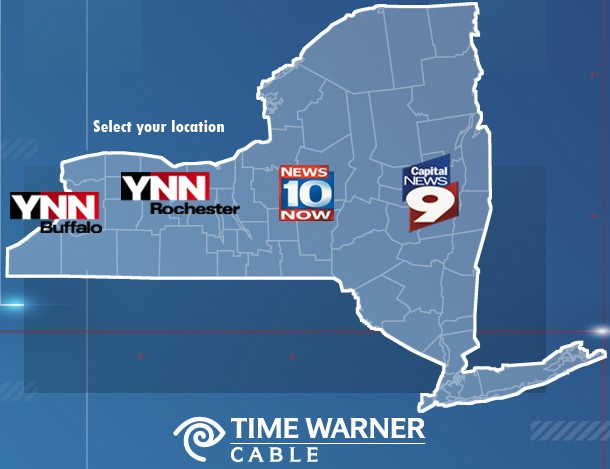 We are getting the message out about what will occur Wednesday here in North Carolina and you all are doing a great job writing and calling legislators to let them know not to support a Moratorium on Municipal Broadband Deployment. But, we need to show up with an army of folks this Wednesday morning to show them we are involved and watching their every move.
We are getting the message out about what will occur Wednesday here in North Carolina and you all are doing a great job writing and calling legislators to let them know not to support a Moratorium on Municipal Broadband Deployment. But, we need to show up with an army of folks this Wednesday morning to show them we are involved and watching their every move.
Please try to be at the Legislative Office Building, Room 544, 300 North Salisbury Street in Raleigh this Wednesday at 9:30am.
In the original action alert we told you what was at stake. I wanted to add some information I did not have at the time that makes this all the more interesting.
First, Sen. Daniel Clodfelter (D-Mecklenburg County), who is a co-chair of the Committee is pushing this moratorium because, we are told, he believes that municipal broadband hurts the private sector and will negatively impact state tax revenue.
This is false.
For one, as far as we can tell, a corporation’s tax payments to the state are not a part of the public record, so exactly how Clodfelter does the math escapes us.
What is known is that broadband is a job stimulator, and considering North Carolina’s current broadband ranking is 41st out of 50 states, there is nowhere to go but up. When businesses consider opening offices or facilities in a state, broadband can be an important deciding factor. When companies like Time Warner Cable refuse to upgrade their broadband service, few digital businesses are going to consider making North Carolina their new home.
Clodfelter has enjoyed some non-broadband-related growth in his district — namely the brand spanking new $29 million Time Warner Cable headquarters office just constructed in Charlotte, Mecklenburg County. Ironically, the same company that doesn’t want public dollars going to their potential competitors has no problem taking dollars themselves — the expansion in Charlotte was made possible in part by a Job Development Investment Grant from the State of North Carolina. Job growth for Time Warner Cable? Sure. Job growth for companies that want better broadband? Not so much.

Time Warner Cable's new $29 million dollar complex in Charlotte was made possible in part by a Job Development Investment Grant from the state government.
Next, Committee member Rep. Pryor Gibson (D-Anson, Union Counties) is, as we pointed out in the last action alert, a Time Warner Cable Contractor — and that was an understatement. We made a Freedom of Information Act request to obtain additional information about Rep. Gibson’s interests outside his legislative duties. According to his 2008 Statement of Economic Interest, under Job Title/Employer, Gibson prioritizes:
- Manager, Time Warner Cable Construction
- Legislator, NC General Assembly
- self-employed, builder.

Gibson lists his job titles starting with "Time Warner Cable Contractor" in this Statement of Economic Interest obtained through a Freedom of Information Request (click to see the entire document - PDF)
Yes, he lists his Time Warner Cable job before legislator. I guess we know whose interests he represents first.
Today, I am filing a complaint with the North Carolina Ethics Commission requesting that Gibson be forced to recuse himself from conversations about cable/telecommunications and that he abstain from any votes on these matters as a direct conflict of interest. I also have a call into Speaker Joe Hackney’s office to request that he inquire about this issue as well.
It has been two months since the groundswell of support for Google’s Fiber Optic “Think Big With a Gig” Project became the issue for some 1,100 communities across our country, all jockeying to win the search engine giant’s favor. We need to understand what this proposed moratorium really means for the state of North Carolina.
There was no shortage of applicants in this state, all clamoring for economic boosting, job growing, innovative super fast broadband. Greensboro, Asheville, Durham and Wilmington were all represented, fully backed by local government officials. What do 1,100 communities know that Clodfelter doesn’t? That high speed broadband is America’s next great game-changing infrastructure project, as important as the canal system, railroads, highways, and airports were to past generations. It’s no surprise those with vested interests in keeping things exactly as they are would fight to stop such projects. But our legislators should not be enabling them.
What does it mean to Google, when sifting through the thousand plus applications, to find North Carolina’s legislature throwing up hostile opposition to expansive broadband projects? Google is not going to get into the Internet Service Provider business. Sooner or later, Google could easily turn such demonstration projects over to a local municipality once the search engine’s public policy agenda is fulfilled. If this moratorium passes, they can’t do that. But nothing prohibits them from selling it off to an incumbent provider like Time Warner Cable or CenturyLink. Both would be more than happy to accept it I’m sure, all while maintaining today’s current high prices made possible from the ongoing broadband duopoly. Then again, seeing how North Carolina seeks to clamp down on broadband innovation, Google may just decide to look elsewhere.
Keep up the good work fighting for better broadband. Continue writing and calling legislators on the issue and please be there Wednesday to let them know we are watching and that we will hold them to a higher standard then some of them hold themselves. Be sure to report back what you are hearing in response, and please thank and support those that choose to reject this legislation.
Here again is the information for the membership of The Joint Revenue Laws Study Committee, so get on the phones and write those e-mails!:
(Please send individual messages to members, even if the contents are essentially the same — avoid simply CC’ing a single message to every representative.)
- Sen. Daniel Gray Clodfelter (Co-Chair) Mecklenberg [email protected] (919) 715-8331 Democrat (704) 331-1041 Attorney
- Sen. Daniel T. Blue, Jr. Wake [email protected] (919) 733-5752 Democrat (919) 833-1931 Attorney
- Sen. Peter Samuel Brunstetter Forsyth [email protected] (919) 733-7850 Republican (336) 747-6604 Attorney
- Sen. Fletcher Lee Hartsell, Jr. Cabarrus, Iredell [email protected] (919) 733-7223 Republican (704) 786-5161 Attorney
- Sen. David W. Hoyle Gaston [email protected] (919) 733-5734 Democrat (704) 867-0822 Real Estate Developer/Investor
- Sen. Samuel Clark Jenkins Edgecomb, Martin, Pitt [email protected] (919) 715-3040 Democrat (252) 823-7029 W.S. Clark Farms
- Sen. Josh Stein Wake [email protected] (919)715-6400 Democrat (919)715-6400 Lawyer
- Sen. Jerry W. Tillman Montgomery, Randolph [email protected] (919) 733-5870 Republican (336) 431-5325 Ret’d school teacher
- Rep. Paul Luebke (Co-Chair) Durham [email protected] 919-733-7663 Democrat 919-286-0269 College Teacher
- Rep. Harold J. Brubaker Randolph [email protected] 919-715-4946 Republican 336-629-5128 Real Estate Appraiser
- Rep. Becky Carney Mecklenberg [email protected] 919-733-5827 Democrat 919-733-5827 Homemaker
- Rep. Pryor Allan Gibson, III Anson, Union [email protected] 919-715-3007 Democrat 704-694-5957 Builder/TWC contractor
- Rep. Dewey Lewis Hill Brunswick, Columbus [email protected] 919-733-5830 Democrat 910-642-6044 Business Exec (Navy)
- Rep. Julia Craven Howard Davie, Iredell [email protected] 919-733-5904 Republican 336-751-3538 Appraiser, Realtor
- Rep. Daniel Francis McComas New Hanover [email protected] 919-733-5786 Republican 910-343-8372 Business Executive
- Rep. William C. McGee Forsyth [email protected] 919-733-5747 Republican 336-766-4481 Retired (Army)
- Rep. William L. Wainwright Craven, Lenoir [email protected] 919-733-5995 Democrat 252-447-7379 Presiding Elder
- Rep. Jennifer Weiss Wake [email protected] 919-715-3010 Democrat 919-715-3010 Lawyer-Mom


 Subscribe
Subscribe







